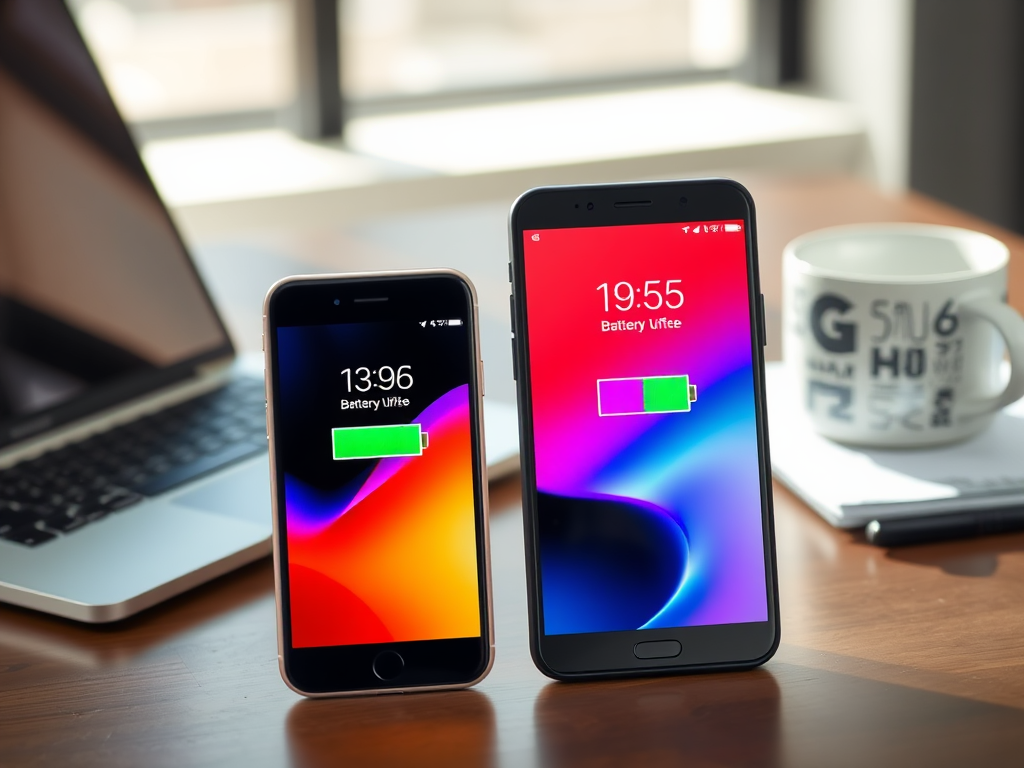Searching for the ideal headphones can be daunting, given the plethora of options available. This guide simplifies your journey by narrowing down what to consider when purchasing headphones specifically for gaming, music, and phone calls. Whether you’re an avid gamer, a music enthusiast, or someone who frequently takes calls, understanding the features and specifications that matter most will ensure a sound investment. In this article, we will explore the different types of headphones, essential features, and tips on how to choose the best ones for your needs.
Types of Headphones

When it comes to headphones, the first step is understanding the different types available. There are three main categories: over-ear, on-ear, and in-ear. Each has its unique benefits and ideal use cases.
- Over-Ear Headphones: Best for immersive experiences and superior sound quality. Great for music enthusiasts and gamers seeking deep bass.
- On-Ear Headphones: Compact and lightweight, they provide a balance between sound quality and portability. Ideal for casual listening and commuting.
- In-Ear Headphones: Also known as earbuds, they offer excellent portability. Perfect for people who are frequently on the go and prefer discreet listening solutions.
Knowing your main use case will aid in deciding the type that suits you best. For gaming, over-ear headphones are usually favored for their comfort during long sessions and high-quality sound. For music, it depends on your lifestyle—on-ear could work for home while in-ear is ideal for workouts or travel. When it comes to phone calls, in-ear options often come with built-in microphones, enhancing clarity and convenience for conversations.
Sound Quality and Drivers

Sound quality is paramount when choosing headphones, especially for music and gaming. The drivers in headphones are responsible for producing sound, and different types can significantly impact audio quality. The common driver types include dynamic, planar magnetic, and balanced armature.
- Dynamic Drivers: The most common type; they offer great bass response and are widely used in consumer headphones.
- Planar Magnetic Drivers: Provide a more accurate sound with less distortion, making them ideal for audiophiles who appreciate detail.
- Balanced Armature Drivers: Often found in in-ear headphones, they’re compact and deliver very precise sound but can lack bass compared to dynamic drivers.
When considering sound quality, also pay attention to additional specifications such as frequency response (measured in Hz), impedance (measured in ohms), and sensitivity (measured in dB/mW). The wider the frequency response, the better the headphones can reproduce different sound ranges, making it a crucial aspect for music lovers. For gamers, the key is to have headphones with minimal latency to ensure a seamless experience.
Comfort and Fit
Comfort is another essential element to consider, especially if you plan on using your headphones for extended periods. When selecting headphones, pay close attention to padding, weight, and adjustability features. Here are a few tips to ensure that you choose a comfortable pair:
- Look for breathable materials to prevent overheating during long listening sessions.
- Choose adjustable or collapsible designs for better portability and to achieve the right fit.
- Test them out when possible; every head shape and ear canal is different, so fit is crucial.
- Consider the weight – lighter headphones can be worn for more extended periods without discomfort.
For gamers, over-ear headphones with plush cushioning can significantly enhance the experience. For music lovers, on-ear options offer great portability without compromising much on comfort. In contrast, in-ear headphones should come with a variety of ear tips to ensure a secure and comfortable fit.
Modern headphones come with a slew of extra features which can enhance your experience. Be sure to consider what features are important to you:
- Wireless vs. Wired: Wireless headphones offer convenience and portability but may require charging. Wired options often provide better sound quality and do not require batteries.
- Noise Cancellation: Active noise-canceling technologies can significantly enhance your listening experience in noisy environments.
- Built-in Microphone: Essential for taking calls, choose headphones with a high-quality mic for clear conversations.
- Battery Life: For wireless models, check how long the battery lasts on a single charge, especially for long usage times.
- Compatibility: Ensure the headphones can connect seamlessly with your devices, whether it’s a gaming console, smartphone, or computer.
Taking note of these features can guide your purchase decision and significantly increase your satisfaction with your new headphones.
Conclusion
Choosing the right headphones can greatly elevate your gaming, music enjoyment, and phone call experiences. By understanding the various types, sound quality aspects, comfort requirements, and additional features, you can make an informed decision. Take the time to consider what matters most in your day-to-day life—whether that’s audio fidelity for music, comfort for long gaming sessions, or clarity for calls. Ultimately, investing in a quality pair of headphones tailored to your specific needs will lead to countless enjoyable moments.
Frequently Asked Questions
1. What type of headphones are best for gaming?
Over-ear headphones are generally considered the best for gaming due to their comfort and immersive sound quality.
2. Are noise-canceling headphones worth it?
Yes, noise-canceling headphones are worth it if you often find yourself in noisy environments, as they enhance the listening experience by blocking external sounds.
3. Can I use gaming headphones for music?
Absolutely! Many gaming headphones also offer excellent sound quality that can enhance your music-listening experience.
4. How important is battery life for wireless headphones?
Battery life is crucial for wireless headphones, as a longer battery life allows for extended listening without interruptions.
5. What features should I look for in headphones for phone calls?
Look for headphones with a built-in microphone, noise isolation, and clarity to ensure effective conversations.



